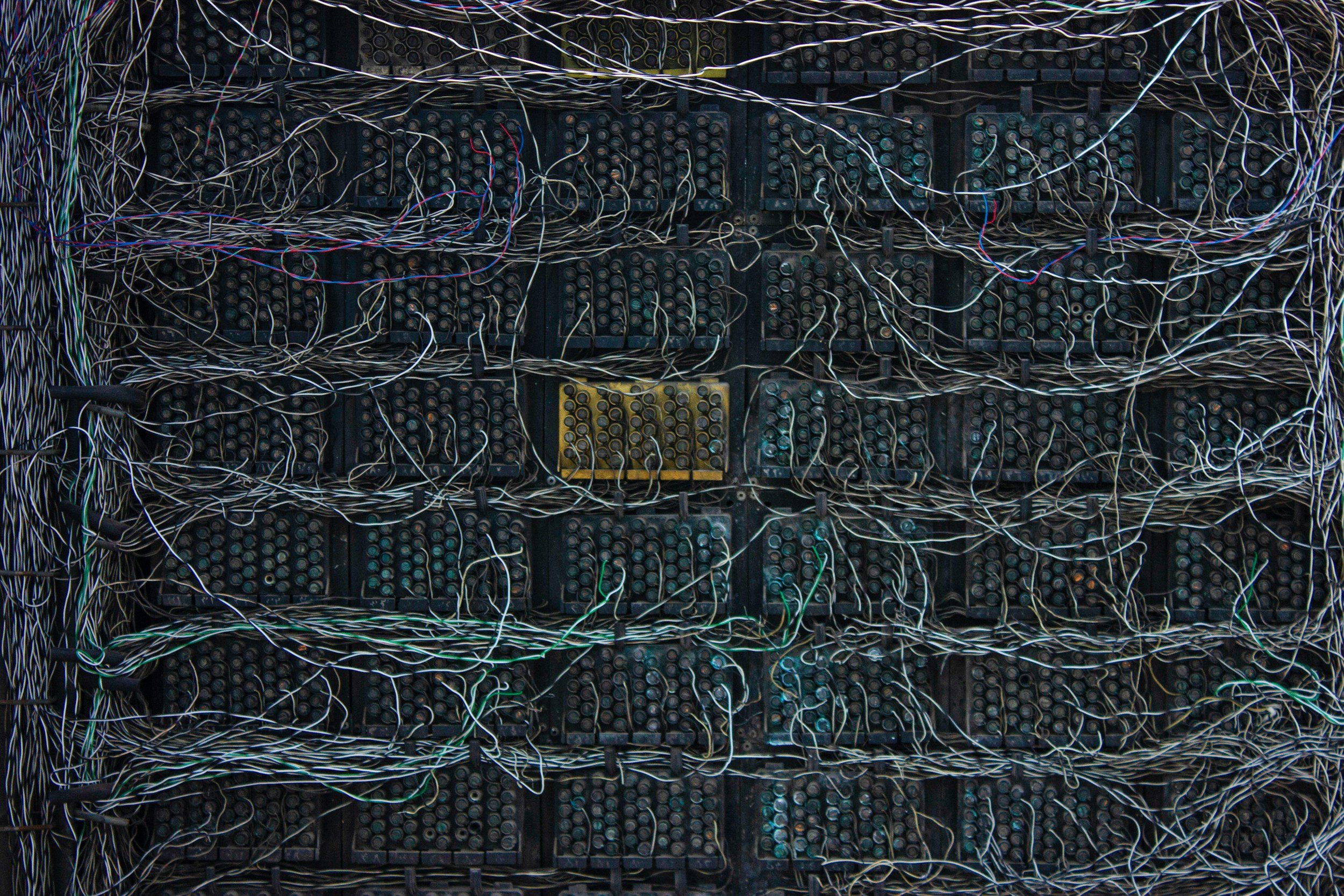
The nervous system of democracy is burned out. Let’s rewire together.
Kate Woodsome
Trauma-Democracy Scholar
& Resilience Strategist
Anxiety, loneliness, polarization and violence aren't separate problems. They’re symptoms of collective trauma typically misdiagnosed by the media and mistreated by political leaders. Without addressing how pain, scarcity and fear shape our systems and dampen civic engagement, well-intentioned repair efforts often perpetuate the very cycles of harm they seek to break.
Pulitzer Prize–winning journalist and resilience strategist Kate Woodsome explores the ties between mental health and democracy in her research and writing on the Invisible Threads Substack. And she is now building a media and leadership lab to strengthen our understanding and response to both. It’s a bold experiment to equip leaders, changemakers and journalists with trauma-informed approaches to inquiry and communication, neuroscience-backed resilience skills and systemic repair strategies.
Her work builds on a simple but urgent truth: our inner wellbeing and collective wellbeing are inseparable — and the systems we uphold must be reimagined if either is to endure.
About Kate Woodsome
Covering the Jan. 6 U.S. Capitol attack.
A Pulitzer Prize–winning journalist and resilience strategist, Kate Woodsome works at the intersection of narrative, nervous system regulation, and organizational psychology — helping leaders, journalists, and changemakers uncover the roots of complex challenges to restore integrity, transform stress into strategy, and cultivate wellbeing across generations.
For more than 20 years, Kate reported and led global news teams through political unrest, public health crises, and social transformation — from Cambodia to Cuba, Hong Kong to Washington, D.C. At The Washington Post, she helped cover the January 6 attack on the U.S. Capitol, a moment that won the newsroom the Pulitzer Prize for Public Service and left her with something more complex: a reckoning with trauma, burnout, and moral injury.
That experience inspired her to step away from the daily news cycle and into a deeper mission: examining the systemic drivers of distress and building pathways for healing and repair. She became a certified Resilience Toolkit coach and strategist, launched Invisible Threads as a weekly newsletter, and began developing tools that empower individuals and organizations to transform how stress shapes their bodies, minds, relationships, and politics.
Kate is a visiting affiliate scholar at Georgetown University’s Psychology Department and a senior fellow at the university’s Red House research and design unit, where she co-developed the Red House Journey Framework — a trauma-informed, strengths-based model for transforming harm into healing at the individual, community, and institutional levels.
In a world where old ways of thinking no longer serve us, Kate believes we must know better to do better to feel better. By honoring the body’s wisdom and confronting the far-reaching effects of stress, she is working to build the resilient systems our future requires.
Interviewing Bessel Van Der Kolk, author of The Body Keeps the Score.
The signal is breaking through.
-
Invisible Threads on Substack
A weekly multi-media newsletter about the ties between mental health and democracy — what shapes our relationships with ourselves and others.

-
Seen & Heard
Media coverage and public appearances that amplify a simple truth: How we feel shapes how we live, vote, relate and lead.

-
Storytelling for Systems Change
Documentary films, multi-media features and social videos about what makes us human, what tests us, and how we keep going.

-
Awards & Recognition
From the Pulitzer Prize for Public Service to the Ben Bradlee Award for Courage in Journalism, these honors reflect a belief that uncomfortable truths are more essential than ever.

What people are saying.
Kate Woodsome empowers individuals and organizations to build the resilience needed to address complex challenges and create meaningful change. Sound like you? Email:
kate@katewoodsome.com
To support the mission to strengthen civic wellbeing by healing the ties between mental health and democracy, please get in touch. Tax-deductible donations to Invisible Threads are processed through Georgetown University’s 501(c)3 Community Research Group, which manages gifts for this work.


